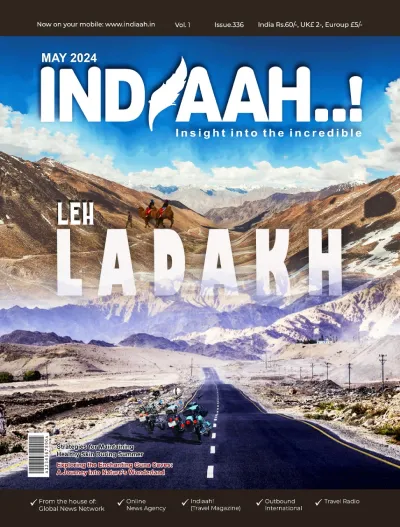
The Emirates Group and Dubai Airports have unveiled a new economic impact study, reaffirming the pivotal role of aviation in Dubai’s economy. Conducted by global research firm Oxford Economics, the study quantifies the aviation sector’s contribution to Dubai’s GDP, employment, and its future growth trajectory, as well as the influence of aviation-facilitated tourism.
According to the report, Dubai’s aviation sector—including Emirates Group, Dubai Airports, and other aviation-related entities—contributed an estimated AED 137 billion (USD 37.3 billion) to Dubai’s gross value added (GVA) in 2023, equivalent to 27% of the city’s GDP. This total includes AED 94 billion from direct aviation activities and AED 43 billion from tourism spending facilitated by the sector. By 2030, these figures are projected to rise to AED 196 billion, representing 32% of Dubai’s GDP.
Sheikh Ahmed bin Saeed Al Maktoum, Chairman and Chief Executive of Emirates Airline & Group and Chairman of Dubai Airports, emphasized aviation’s role as a core pillar of Dubai’s economy, especially in the context of the D33 Economic Agenda. He highlighted Dubai’s continued investments in expanding air connectivity and airport capacity, notably at Dubai World Central – Al Maktoum International and Dubai International Airport, which will unlock further economic opportunities.
“Our growth plans will generate more skilled jobs and help drive innovation,” said Sheikh Ahmed. The aviation sector supported 631,000 jobs in 2023, or one in five jobs in Dubai. By 2030, this number is expected to increase by 185,000 jobs, with the total rising to 816,000 jobs.
The study also underscores the increasing economic importance of aviation-facilitated tourism. In 2023, international visitors flying into Dubai spent an estimated AED 66 billion, contributing AED 43 billion in GVA, or 8.5% of Dubai’s GDP, and supporting 329,000 jobs. Tourism’s economic contribution is expected to grow further, with aviation-related tourism projected to contribute AED 63 billion in GVA by 2030, equivalent to 10% of Dubai’s GDP.
Dubai’s commitment to future-proofing its aviation sector is evident through ongoing investments, including the AED 128 billion expansion of Dubai World Central – Al Maktoum International, set to become five times the size of Dubai International. Although this major expansion is not included in the study’s primary impact results, it is anticipated to contribute AED 6.1 billion to Dubai’s GDP by 2030 and create 132,000 jobs.
As Dubai continues to solidify its position as one of the world’s top aviation hubs, the aviation sector will play an essential role in fulfilling the objectives of the D33 agenda, which seeks to expand Dubai’s trade network to 400 global destinations and elevate it to one of the top five logistics hubs globally. Sheikh Ahmed concluded, “Our investments in aviation will continue to support Dubai’s economic growth and ensure that the emirate remains a global leader in trade, tourism, and logistics.”


